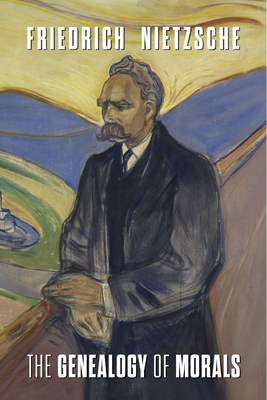The Genealogy of Morals

The Genealogy of Morals
- In the first essay Nietzsche sets up a contrast between what he calls "master" morality and "slave" morality and shows how strength and action have often been replaced by passivity and pessimism.
- The second essay, looks into the origins of guilt and punishment, and how the concept of justice was born.
- In the third essay, Nietzsche dissects the meaning of ascetic ideals showing that culture and morality, rather than being eternal truths, are human-made.
PRP: 111.29 Lei
Acesta este Pretul Recomandat de Producator. Pretul de vanzare al produsului este afisat mai jos.
100.16Lei
100.16Lei
111.29 LeiLivrare in 2-4 saptamani
Descrierea produsului
- In the first essay Nietzsche sets up a contrast between what he calls "master" morality and "slave" morality and shows how strength and action have often been replaced by passivity and pessimism.
- The second essay, looks into the origins of guilt and punishment, and how the concept of justice was born.
- In the third essay, Nietzsche dissects the meaning of ascetic ideals showing that culture and morality, rather than being eternal truths, are human-made.
Detaliile produsului









